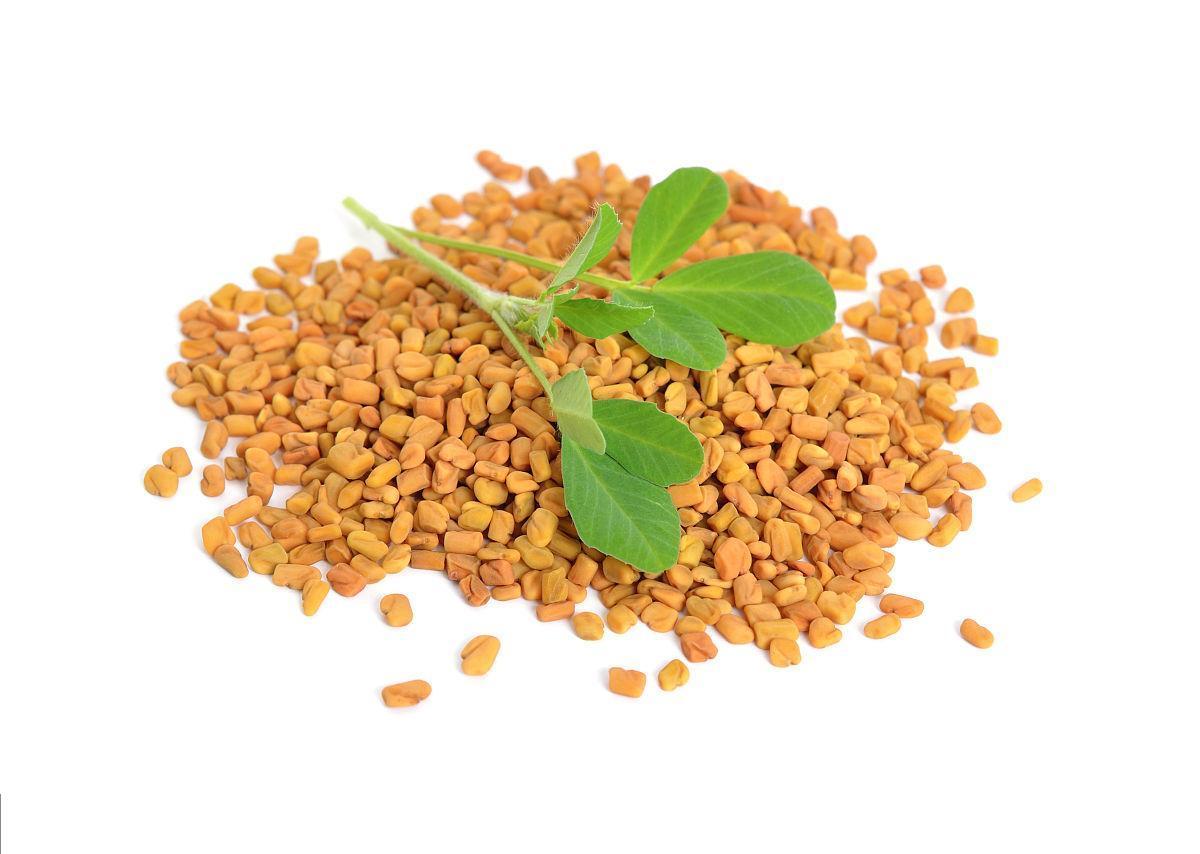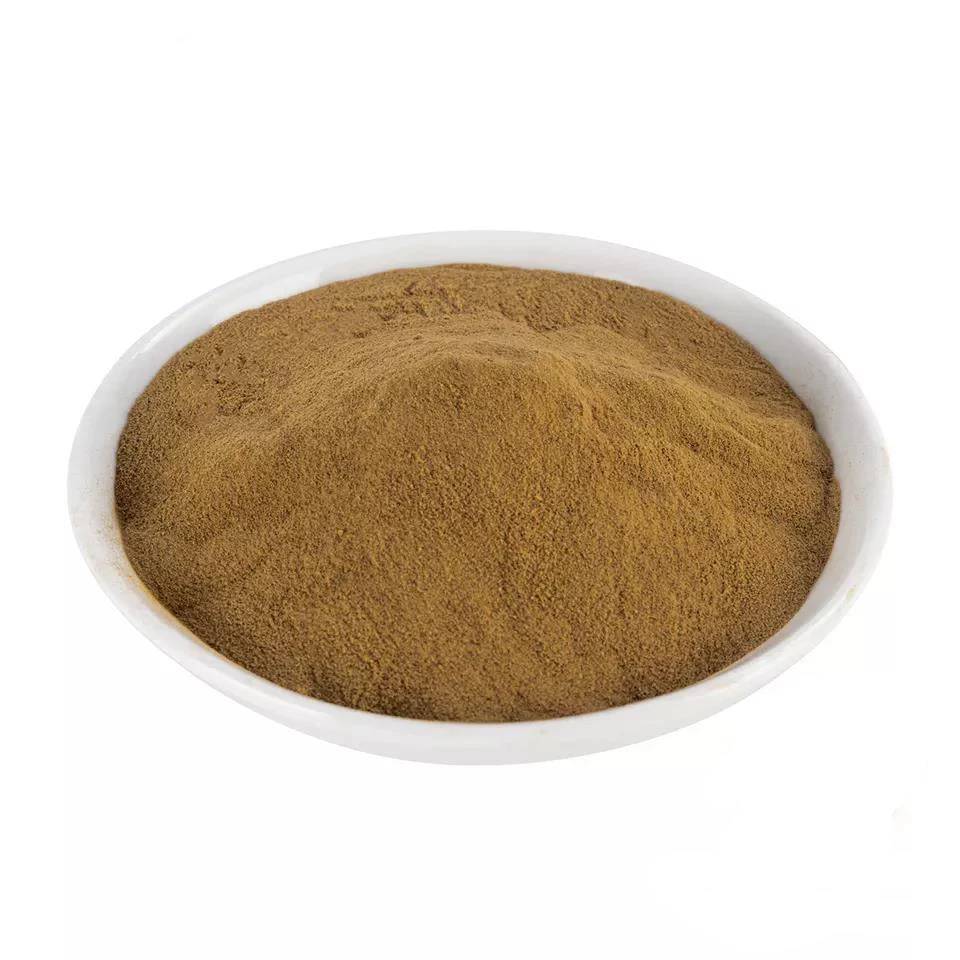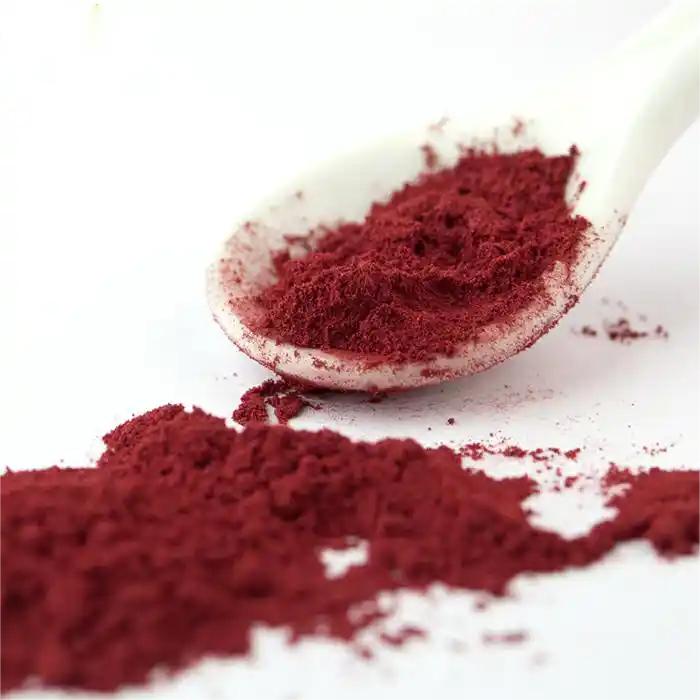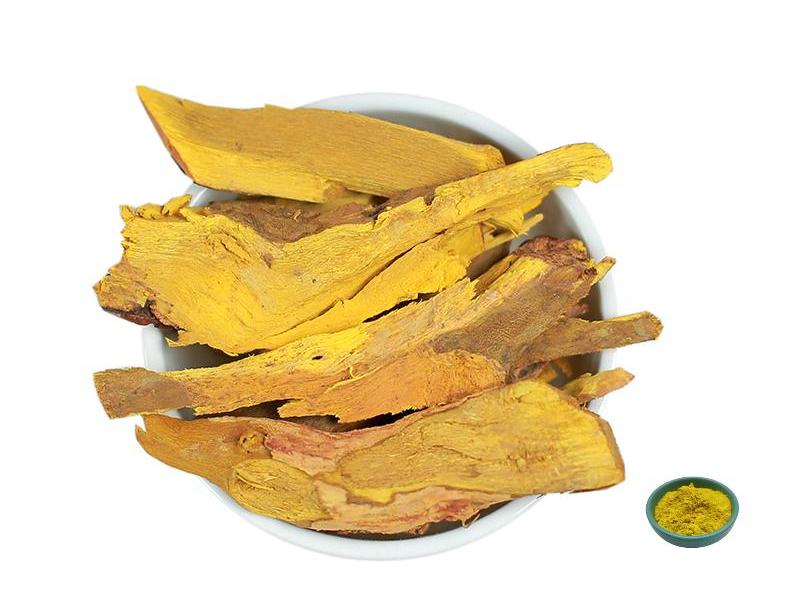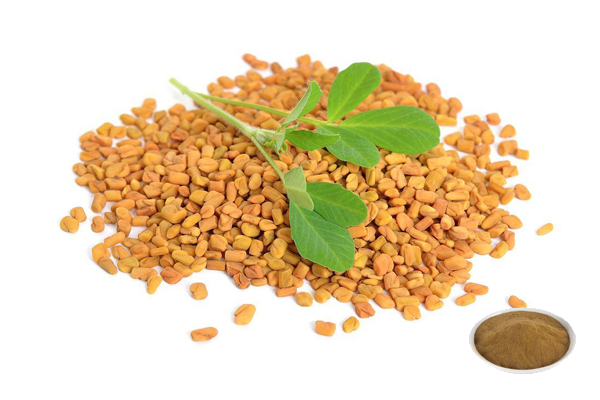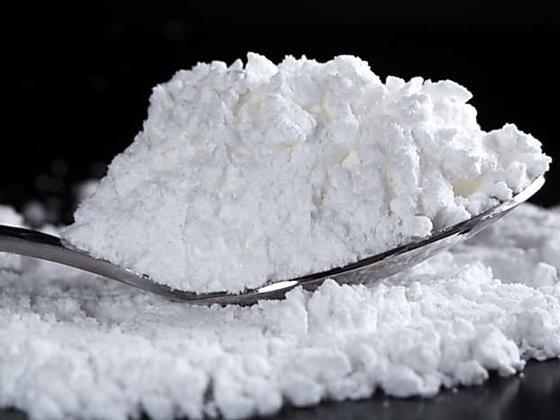Extracto de semilla de alholva en polvo 10:1
Fuente: semilla de alholva
Principios activos: saponinas Furostanol, etc.
Especificación :10:1
Método de ensayo :HPLC
Aspecto: polvo de color marrón fino
Residuos de plaguicidas: cumplir con la norma (CE) n º 396/2005
- descripción
- Hoja de datos
- Certificado de certificado
-
¿Qué es el polvo de extracto de semilla de alholva?
Fenugreek Extract is made from the mature seeds of fenugreek (SemenTrigonellae), a leguminous plant, extracted and purified by water and edible ethanol. Its main active ingredients contain chemical components such as saponins, flavonoids and alkaloids, which have the effect of warming the kidneys, dispelling cold, and relieving pain. Fenugreek extract can be used as a new ingredient of economical and efficient natural antioxidants in the pharmaceutical, food, and healthcare industries.
Green Spring Technologies suministra extracto de semillas de alholva de alta calidad en polvo 10:1, que es fácil de disolver, fluye bien y está libre de impurezas.
Founded in 2000, Green Spring Technology is a leading biotechnology company in China, which has been devoted to researching, developing and supplying high quality plant extract products. With 7 certifications, and 7 patents, passed Halal, Kosher, COSMOS, BRC, IFS, FDA, ISO and many other certifications. Production is organized following ISO, HACCP and other quality standards, implementing the highest international industry standards, complying with EU EC396, EU 2023/915, and the highest solvent residue standards.
Especificaciones:
Nombre del producto
Extracto de semilla de alholva
Nombre latino
Trigonella foenum-graecum L.
fuente
Semillas de fenog
Principios activos
Furostanol Saponins, etc.
especificación
10:1
Método de ensayo
HPLC
apariencia
Polvo fino de color marrón
Residuos de plaguicidas
Cumplir con la norma (CE) n º 396/2005
Reglamento:
Se ajusta a la normativa de la UE.
¿Busca un presupuesto?Benefits:
Hypoglycaemic Activity
Studies have shown that fenugreek extract may have a hypoglycaemic effect by inhibiting the absorption of glucose from the small intestine. A randomized, double-blind, placebo-controlled clinical trial showed that the addition of fenugreek extract significantly reduced the glycaemic index of the subjects. The study followed 154 type 2 diabetics (aged 25 to 60 years) for 90 days. The subjects were divided into two groups, one taking two 500mg capsules of fenugreek per day and the other taking a placebo, and the subjects' fasting and postprandial blood glucose levels were measured on days 30, 60, and 90, respectively. The results showed a decrease in both fasting and postprandial blood glucose levels in the experimental group compared to the placebo group.
Helps Relieve Inflammatory Skin
Traditionally, fenugreek seed extract has been used to repair inflammatory skin conditions such as eczema, ulcers, and furuncles, or hair follicle infections that lead to abscess formation. Recent studies have shown that fenugreek seed extract significantly reduces pain and inflammation in rats with foot swelling or foot oedema. Its inflammation-reducing and analgesic (pain-relieving) effects can be attributed to fenugreek's mucopolysaccharides and steroidal saponins.
Reduces Cholesterol
There is evidence that fenugreek can reduce cholesterol levels. It significantly reduces total cholesterol and triglycerides in patients with NIDDM and coronary atherosclerosis. Another study found that patients with type 1 glycometabolic disease who took fenugreek seed extract powder twice a day for 10 days had lower LDL (bad) cholesterol levels and total cholesterol levels.
Lipid Lowering
Studies have shown that fenugreek extract has obvious hypolipidemic efficacy, and the effective components of hypolipidemic mainly include alkaloids, fibre components, saponins, 4-hydroxyisoleucine, etc. in fenugreek. Studies have shown that the fibrous substances in fenugreek can cover the surface of the digestive tract, inhibit the absorption of fatty substances by the mucosa of the digestive tract, and accelerate gastrointestinal peristalsis to promote the elimination of fatty substances, to achieve the purpose of lowering blood lipids.
Some scholars conducted clinical control experiments on borderline hyperlipidaemia patients and found that fenugreek can combine bile acids to form complexes, on the one hand, the conversion of cholesterol to bile acids and reduce cholesterol levels, on the other hand, it can effectively inhibit the reabsorption of bile acids. Fenugreek alkaloids, on the other hand, can activate the receptor gamma signalling pathway through the effect on oxidative enzyme body proliferators, reduce the accumulation of lipids and the differentiation of 3T3-L1 adipocytes, and achieve the purpose of lipid lowering.
Applications:
In Pharmaceutical:
Fenugreek seed extract has a variety of properties including hypolipidemic, hypotensive, cardiac contractility enhancing, anti-inflammatory, and antioxidant. Therefore, it has potential therapeutic effects in cardiovascular diseases, liver diseases, and diabetes.
For Health Products:
As early as 2000 years ago, residents of West Asia and the Middle East and Arab countries began to eat fenugreek as a wild vegetable, and it was introduced to China as a spice during the Han Dynasty. Its main role is to promote the development of female breasts and the growth of breast tissue, and it is also very helpful in soothing menopausal symptoms and improving premenstrual syndrome. In India and Arab countries, fenugreek is often used in folklore as a tonic for the kidneys and aphrodisiacs.
-
Get Your Free COA


 inglés
inglés francés
francés español
español ruso
ruso coreano
coreano Japonés japonés
Japonés japonés



